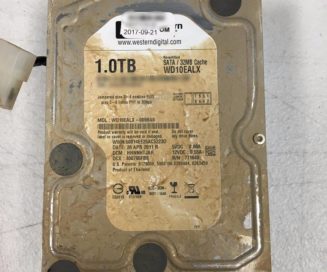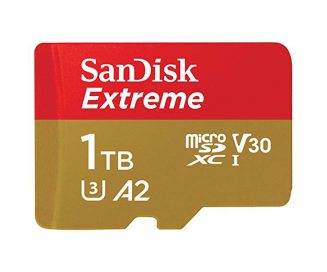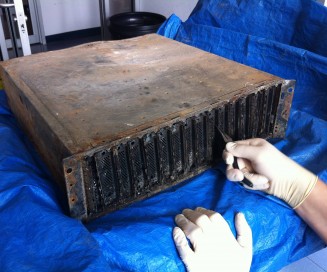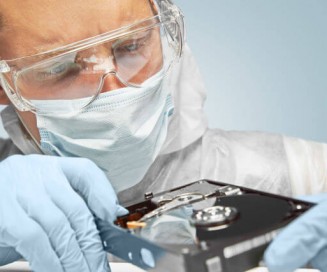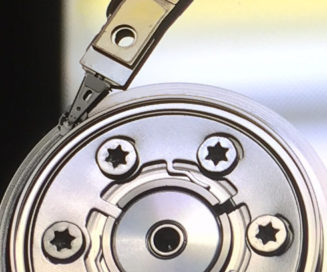Looking for something? Refine your search
- Categories
- Backup
- Cloud
- Computer Forensics
- Computing and CPU Power
- Cryptocurrency
- Damage
- Data Loss Prevention
- Data Recovery Knowledge
- Data Recovery News
- Data Recovery Service
- Data Types
- Database
- Digitization
- Encryption
- Flash Drive
- Hard Disk
- Investing and the Stock Market
- Mac/Apple
- Media
- Mobile Device
- NAS
- Network Security
- Office Documents
- Outreach
- Photos & Images
- RAID
- Ransomware Recovery
- Removable Media
- SAN
- Secure Deletion
- Server
- Services
- SSD
- Storage Industry
- Tape
- Uncategorized
- Video
- Tags
- actuator
- Apple
- backup
- bitcoin
- breach
- clean room
- clone
- computer forensics
- cryptocurrency
- cybercrime
- data recovery software
- data recovery tips
- decision tree
- EEPROM
- encryption
- ethereum
- exploit
- financial records
- fire damage
- flood
- guide
- hard drive data recovery
- hard drive failure
- hard drive manufacturers
- head ramps
- helium
- how to
- hurricane
- iOS
- landing zone
- leak
- Mac
- Mac OS
- machine learning
- macos
- Midwest
- migration
- music data recovery
- NAND
- NFT
- NVRAM
- operating system
- OS X
- parts
- password
- PCB
- Phoenix
- power surge
- RAID
- ransomware
- rebuilt
- SATA
- SaveMyFiles
- SSD
- statistics
- storms
- tornadoes
- TRIM
- video conversion
- virus
- water damage
- wildfires
- windows 10
- windows 10 guide
Pig Butchering Crypto Scams: Watch for These Red Flags
If you’re considering an investment in cryptocurrency, make sure you’re purchasing through a trusted resource — and if a new “friend” tells you about a trading site, be extremely careful. Over the past four years, security experts have seen a...
March 18, 2024
Understanding External Hard Drive Enclosures
While solid-state drives (SSDs) are quickly becoming the go-to option for internal data storage, external hard drives are still popular with consumers, and for good reason. If you need to store a large number of files, an external hard drive...
March 14, 2024
What Happens When You Drop a Hard Drive in Water?
If you’ve dropped liquid onto a hard drive — or dropped a hard drive into liquid — the prognosis for data recovery is good. That’s despite the fact that every component of a hard drive could be damaged by water...
March 13, 2024
FBI Reports: Ransomware Complaints Rose By 18% in 2023
The FBI’s 2023 Internet Crime Report (PDF) shows the dramatic growth of the ransomware industry — and details some of the techniques that bad actors use to compromise critical IT systems. It’s important to note that these statistics are not...
March 12, 2024
How to Check If An SD Card Is Corrupted
SD (Secure Digital) is a flash memory card format used in digital cameras, mobile phones, and other electronic devices. It is an evolution of the MultiMediaCard (MMC) format, and includes several related technologies that can be adapted into the primary...
March 11, 2024
What Are Data Recovery Specialists?
Data recovery specialists are engineers who repair hard drives, solid-state drives (SSDs), flash media, RAID (Redundant Array of Independent Disks) systems, and other storage devices with the goal of restoring stored data to a usable condition. They’re also referred to...
March 7, 2024
Hard Drive Spins But Is Not Detected: How To Fix
If your hard drive seems to “spin up,” but your computer can’t recognize it, you’ve got a problem — but in many cases, the solution is fairly straightforward (the quickest and most likely solution is to check your data connections)....
March 4, 2024
How to Destroy a Mobile Phone Permanently
Most of our customers want to recover data from damaged storage devices — but occasionally, clients ask us how they can permanently destroy their files. That makes sense to us. Our data recovery specialists know how to recover data from...
March 1, 2024
External Hard Drive Data Recovery
External hard drives (HDDs) are commonly used for backup and for additional storage. They provide more control over data than cloud storage services, and they’re significantly less expensive than external solid-state drives (SSD). But while external HDDs are inexpensive and...
February 29, 2024
UnitedHealth Outage: Blackcat Ransomware Gang Disrupts Pharmacies Across U.S.
According to a report from Reuters, the Blackcat ransomware gang is behind a massive ransomware attack that has impacted prescription deliveries throughout the United States. Last week, bad actors reportedly gained access to systems owned by Change Healthcare, a prescription...
February 26, 2024



